Science Inquiry Skills
Based on the Australian Curriculum, Science Inquiry Skills in Science Foundation Year includes:
- Plus Plan
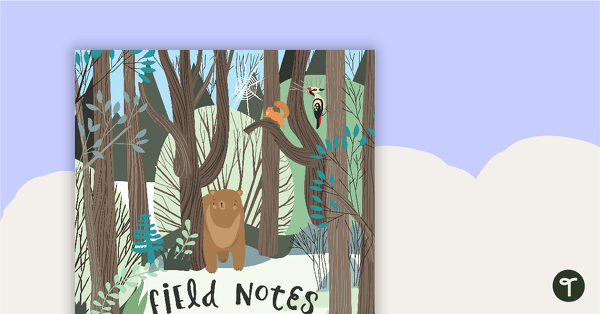
Woodlands Themed Field Notes Holiday Activity Pack
Over 45 pages of woodlands themed worksheets, activities and scrapbooking pages for the holiday break.
- Plus Plan
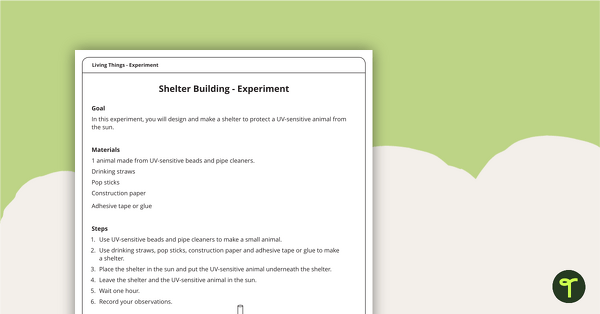
Shelter Building - Experiment
A hands-on experiment to use when investigating how shelters protect living things.
- Plus Plan

Grouping Posters - Endangered and Extinct Animals
Group your students according to endangered animals using these eleven Grouping Posters.
- Plus Plan
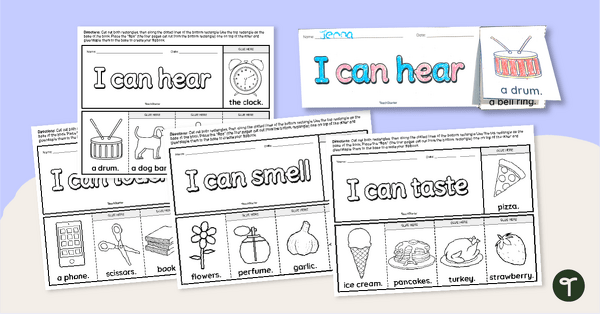
5 Senses Mini Flip Book Pack
Create a flipbook to help your early learners learn about the five senses.
- Plus Plan
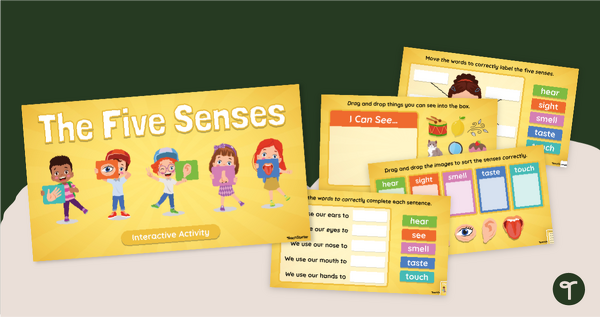
Five Senses Digital Resource - Drag & Drop
Engage your students in learning about their five senses with an Interactive Digital Learning Activity.
- Plus Plan
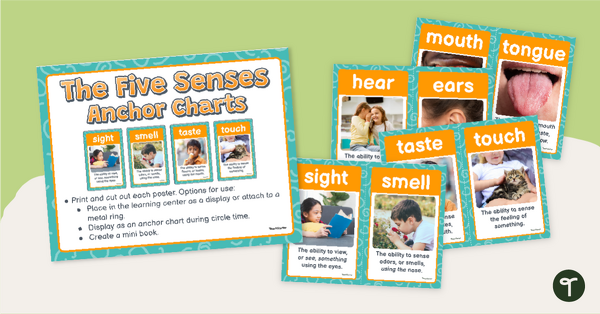
Five Senses Anchor Charts
Help your students identify their five senses and the organs they use to sense the world around them with a set of printable 5 senses anchor charts.
- Plus Plan
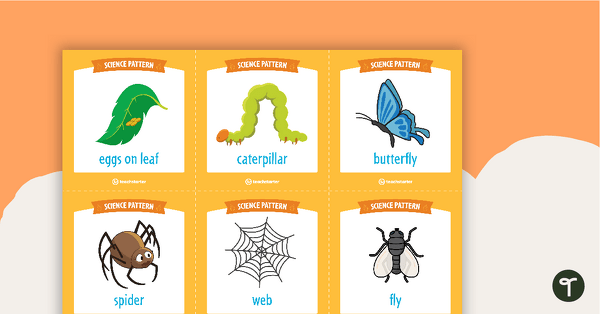
Science Pattern Match Cards
A set of 89 task cards to help students learn about patterns in nature.
- Free Plan
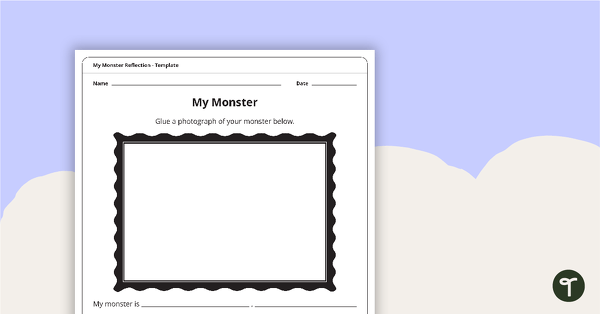
My Monster Reflection Template
A reflection template for students to use after creating a 3D monster.
- Plus Plan
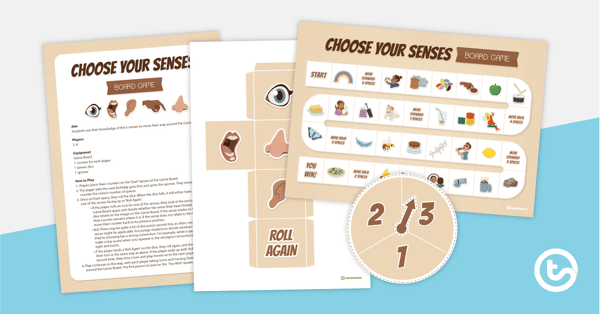
Choose Your Senses Board Game
A fun board game to play to consolidate students’ understanding of the five senses.
- Plus Plan

Grouping Tray Labels - Fruits
A set of seven fruit themed Grouping Tray Labels.
- Plus Plan
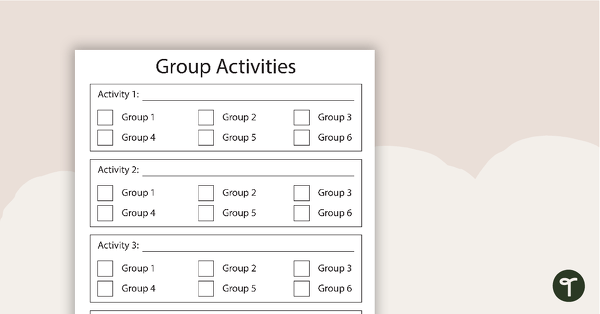
Group Activities Checklist
A checklist to assist in planning group work and ensuring that all groups rotate through each activity.
- Plus Plan
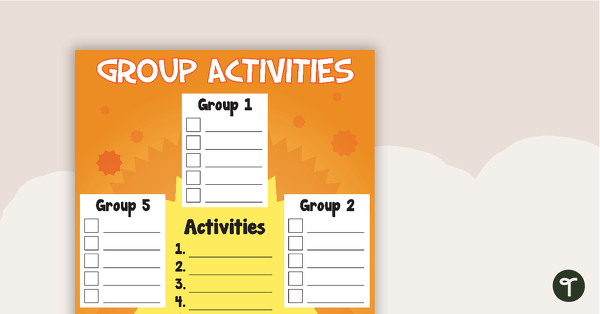
Group Activities Poster
Keeping track of group work and all of the different activities can be difficult.
- Plus Plan
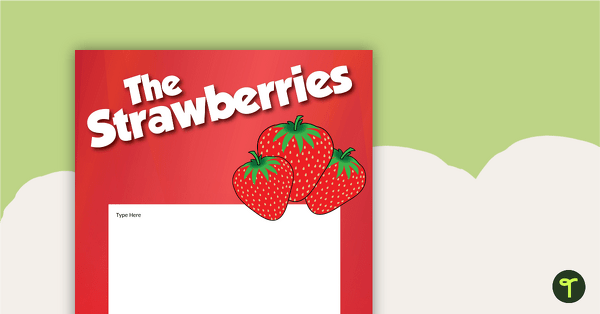
Grouping Posters - Fruits
Group your students according to fruits using these Grouping Posters.
- Plus Plan

Grouping Posters - Colours
Group your students according to colours using these Grouping Posters.
- Plus Plan

Groups Organiser Chart - BW
Use this groups organiser to split up your class into groups for rotational activities.
- Plus Plan

Groups Organiser Chart - Watercolour
Use this groups organiser to split up your class into groups for rotational activities.
- Plus Plan
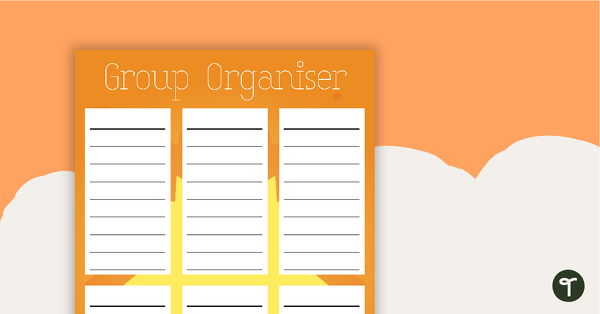
Groups Organiser Chart - Orange Starburst
Use this groups organiser to split up your class into groups for rotational activities.
- Plus Plan
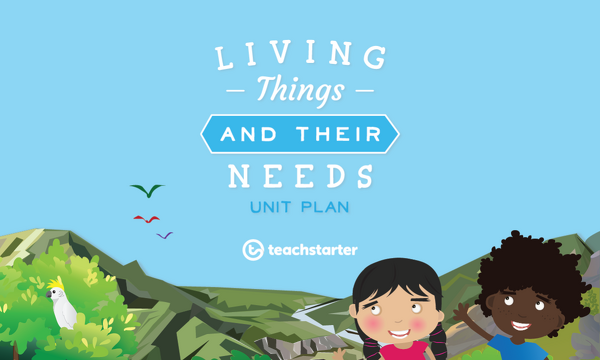
Living Things and Their Needs Unit Plan
This Science unit covers a range of concepts relating to the basic needs of living things.
- Plus Plan

Properties of Materials Unit Plan
This Chemical Sciences unit investigates the observable properties of materials. Descriptive vocabulary is explored as well as the suitability of materials for different purposes.
- Plus Plan
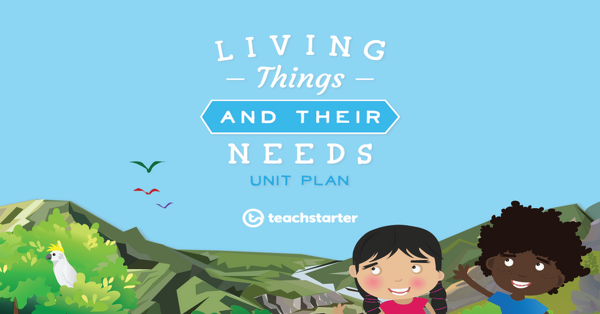
Balloon Rocket Experiment
A 60 minute lesson in which students will investigate how energy makes things move.
- Plus Plan

Keep Me Dry
A 60 minute lesson in which students investigate materials to determine how water resistant they are.
- Plus Plan

Diving Into Description
A 60 minute lesson in which students explore the properties of materials and develop vocabulary to describe them.
- Plus Plan
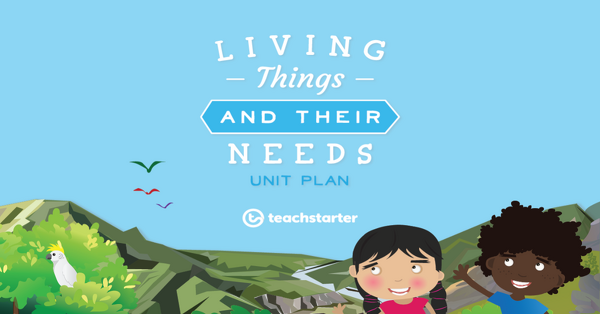
Habitat Diorama - Assessment Task
An inquiry-based assessment task in which students will demonstrate an understanding of the four basic needs for living things.
- Plus Plan

Making Monsters
A 60 minute lesson in which students design and create a 3D monster using objects made from materials with different properties.
- Plus Plan

Give Me Some Shade
A 60 minute lesson in which students investigate materials to determine how much shade they provide.
- Plus Plan

What Works Best?
A 60 minute lesson in which students develop an understanding of the suitability of certain materials for different purposes.
- Plus Plan

Let's Sort!
A 60 minute lesson in which students identify the material objects are made of and sort them in various ways.
- Plus Plan
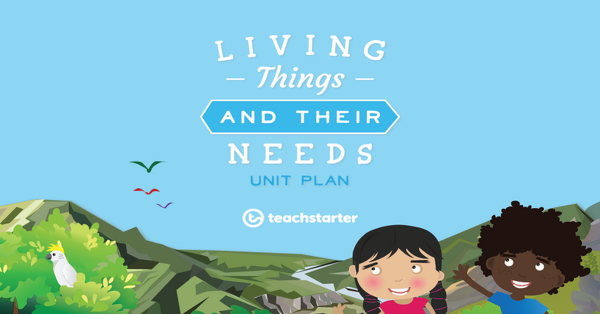
Creating Oxygen Experiment
A 60 minute lesson in which students will investigate how plants make oxygen.
- Plus Plan
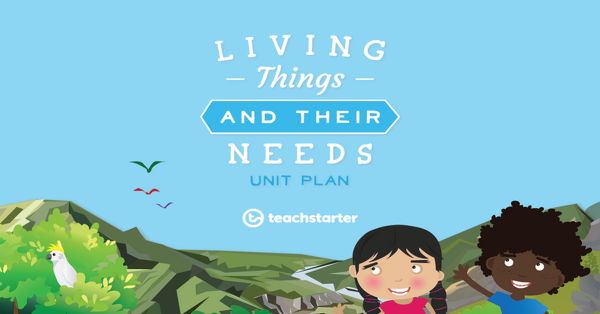
Shelter Building Experiment
A 60 minute lesson in which students will investigate how a shelter can protect a living thing.
- Plus Plan
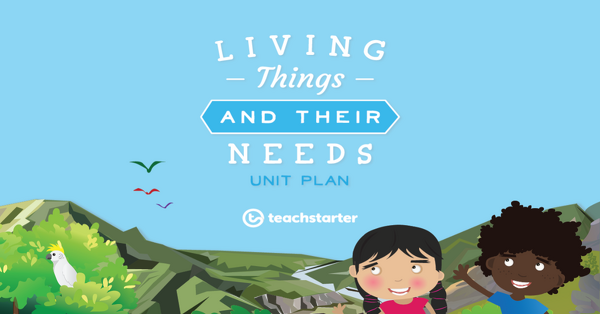
Making a Mini Water Cycle Experiment
A 60 minute lesson in which students will investigate how the water cycle works.